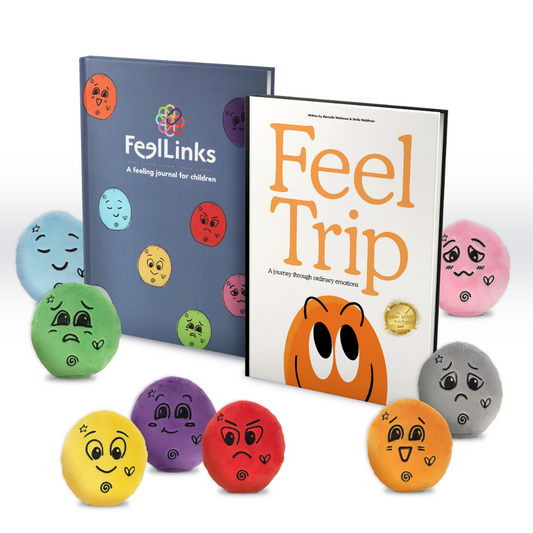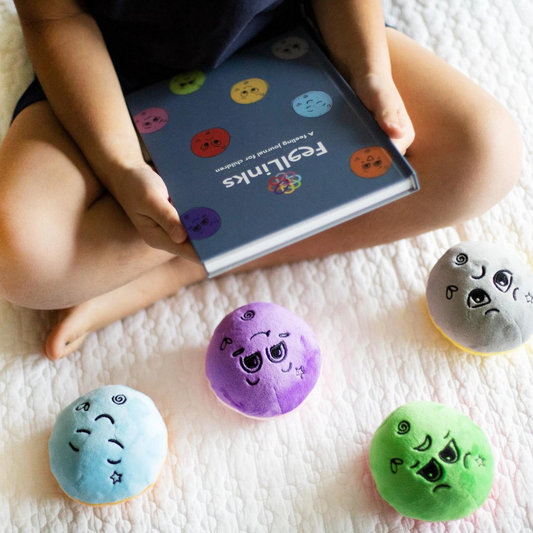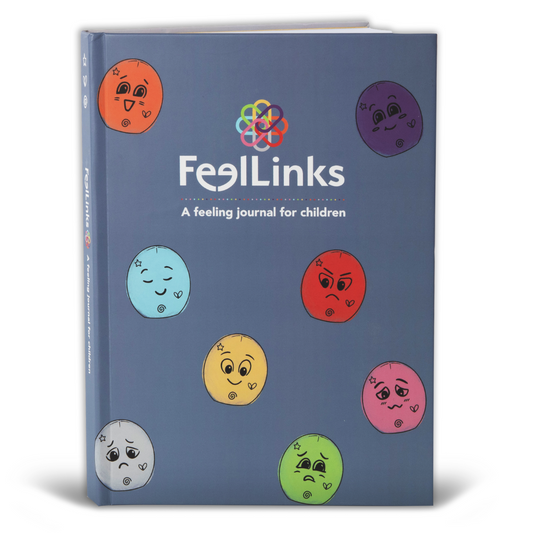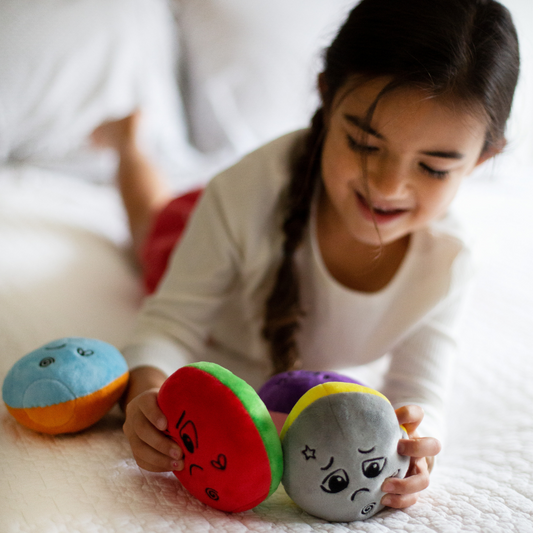Supporting Emotional Well-Being as Kids Head Back to School
Share
That's me welcoming my kindergarteners with a handshake, high 5 or hug, as they walk in on their very first day of elementary school
Returning to school is not just about supplies and schedules, it’s about hearts and minds, too.
As families prepare for a new school year, it’s easy to focus on backpacks, school supply lists, and the logistics of transitioning to those early mornings. Equally important, and sometimes overlooked, is preparing our children mentally and emotionally for the transition back to the classroom.
Back-to-school season brings big feelings for kids and parents, alike. Here’s how we can support emotional well-being and strengthen communication during this pivitol time:
🌱 Emotional Well-Being & Mental Health
Address Anxiety
It is completely normal for children to feel nervous and display anxiety as the new school year approaches. New routines, unfamiliar teachers, social relationships, and academic pressures can feel overwhelming. Add to this list those children that are transitioning into new schools, some of which are living in new towns.
➡️ Create space to talk about their fears, questions, wonder and excitement. Listen, let them talk and express mixed or uncertain emotions without trying to “fix” them. Validating your child's feelings builds trust and helps them feel understood.
Building Confidence
Help your child look at some of the positives!
- Remind them of the skills they have already built
- Discuss how the have positively handled changes in the past.
- Reuniting with friends and school staff
- Engaging in fun learning experiences
- Participating in familiar routines
Create a Safe Space
Make it clear that your home and your relationship is judgment-free. Kids are more likely to open up when they know they won’t be dismissed, minimized, or punished for being honest about their emotions. Let them
Practice Coping Skills
Teach and utilize simple tools before they’re needed:
- Deep belly breathing (with FeelLinks Dolls on their bellies, watching them rise and fall)
- Tapping or other grounding exercises
- Drawing/writing about their feelings (with FeelLinks Feelings Journal)
- Using a feelings wheel to support emotional expression
- Read stories about going to school (Feel Trip: a journey through ordinary emotions normalizes daily feelings as the character goes through a school day from waking to school, back home, eating dinner and going to bed)
Bonus: Keep modeling your calm! Share in practicing these coping activities with your child!
Parental Anxiety
Back-to-school transitions can stir up big feelings for parents too (As a kindergarten teacher, I definitely saw the parental anxiety!) Practice self-care, check in with your own emotions, and lean on your support networks when you need to.
Professional Support
If your child’s anxiety becomes persistent or starts to affect sleep, appetite, behavior, or functioning at school, consider speaking with a school counselor or mental health professional. Early support can make a big difference.
🗣️ Communication & School Involvement
Low Pressure Conversations
Open conversation with your child; ask questions like:
- “What are you excited about this year?”
- "What are you wondering about this school year?"
- “Is there anything you’re nervous about?”
- “How can I support you as school starts?”
Avoid rushing through these moments, allow them to unfold slowly and naturally.
Preview & Prepare
Whenever possible, attend school orientations or classroom visits. A quick hello or email to your child’s teacher helps establish a team dynamic right from the start.
- Visit the school.
- Play on the playground.
- Drive the route to school.
- Look at the school website.
- Create a social story about going to school adding pictures to show what the day might look like.
Build a Coping Plan
Create a small comfort kit for your child's backpack. You could include a family photo, stuffed animal, or a note from home.
Ask questions such as:
- “What can help you if you feel nervous at school?”
-
“Who could you talk to if you need support?”
Regular Check-ins
Stay informed about how your child is doing socially, emotionally, and academically. A simple, “How was today?” or "What did you do today?" will not typically be enough. Ask more questions or give them time to decompress before asking them to talk. You know your child best!
Continue asking open-ended questions, such as:
- “What was your high and low today?”
- “What surprised you today?”
- "Who was kind to you today?"
- "What did you do that was kind today?"
- "What did you write/read about?"
Starting a new school year is a whole-body, whole-heart experience. Let’s remember that emotional safety, clear communication, and gentle support are just as important as lunch boxes and school planners. When we care for children’s mental health (and our own), we make room for growth, connection, and thriving.






